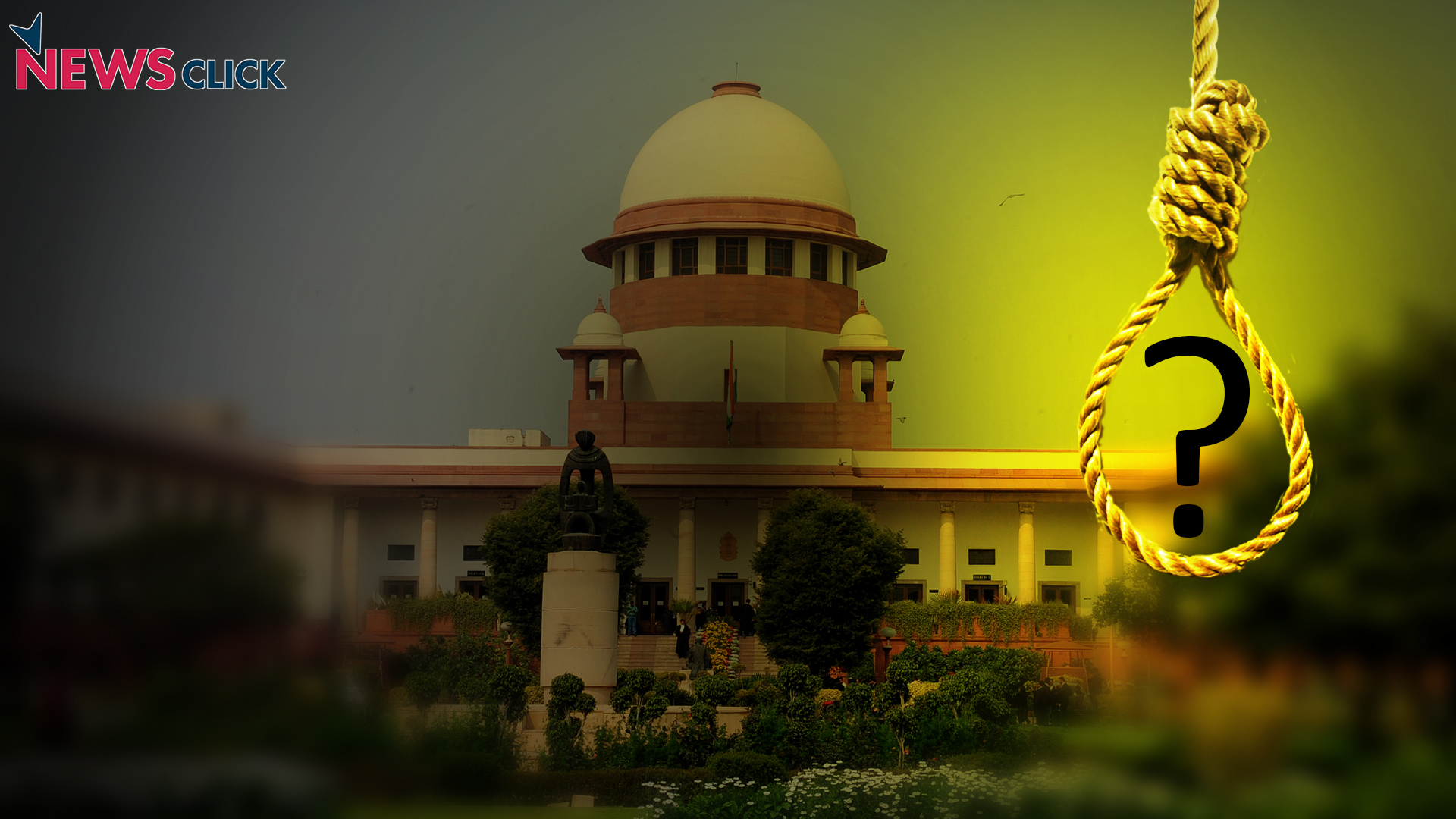Acting on a writ petition challenging the mode of execution in a death sentence, the Supreme Court on Friday has observed that the legislature could consider another mode rather than the present one in practice, which is hanging by neck till the prisoner is dead.
The apex court sought the central government’s response to the plea within three weeks. The Public Interest Litigation (PIL) has been filed by senior lawyer Rishi Malhotra in his personal capacity.
During the hearing, Chief Justice of India Dipak Misra said: “What would be the mode will be decided by the legislature”.
“Prima-facie with the invention of various modes, the legislature can think of some other mode by which a convict who in law has to face death sentence shall die in peace and not in pain,” said a bench headed by Misra.
The petition said that the present practice of execution under 354(5) Criminal procedure code (Cr.P.C) is not only barbaric, inhuman and cruel but also against the resolutions adopted by United Nations Economic and Social Council which had categorically stated that if capital punishment is to occur it shall be carried out so as to inflict minimum possible suffering.
Speaking to Newsclick, the petitioner lawyer, Rishi Malhotra said he welcomed the court’s observations. “The Supreme Court has directed the central government and the attorney general to respond in this matter within three weeks,” he said.
Relying on the judgments in Gian Kaur Vs State of Punjab (1996), Deena Vs Union of India (1983) and two reports of the law commission (which established that execution by hanging involves intense pain and suffering) in support of his petition, Malhotra has prayed the court to declare provisions contained under 354(5) Cr.P.C., 1973 to be ultra vires to the Constitution and especially in contravention of Article 21 of the Constitution and to declare ‘Right to Die by a dignified procedure of death’ as a Fundamental right as defined under Article 21 of the Constitution of India. The petition also prayed to pass any such further orders or directions the honourable court may deem fit and proper in the facts and circumstances of the case.
The petition also said that as compared to hanging, death is less painful and is a matter of minutes in other modes of execution such as intravenous lethal injections, shooting, electrocution or gas chamber.
However, hanging is the most common method of execution across the world with the laws of 60 countries authorising it, according to the Death Penalty Database .





